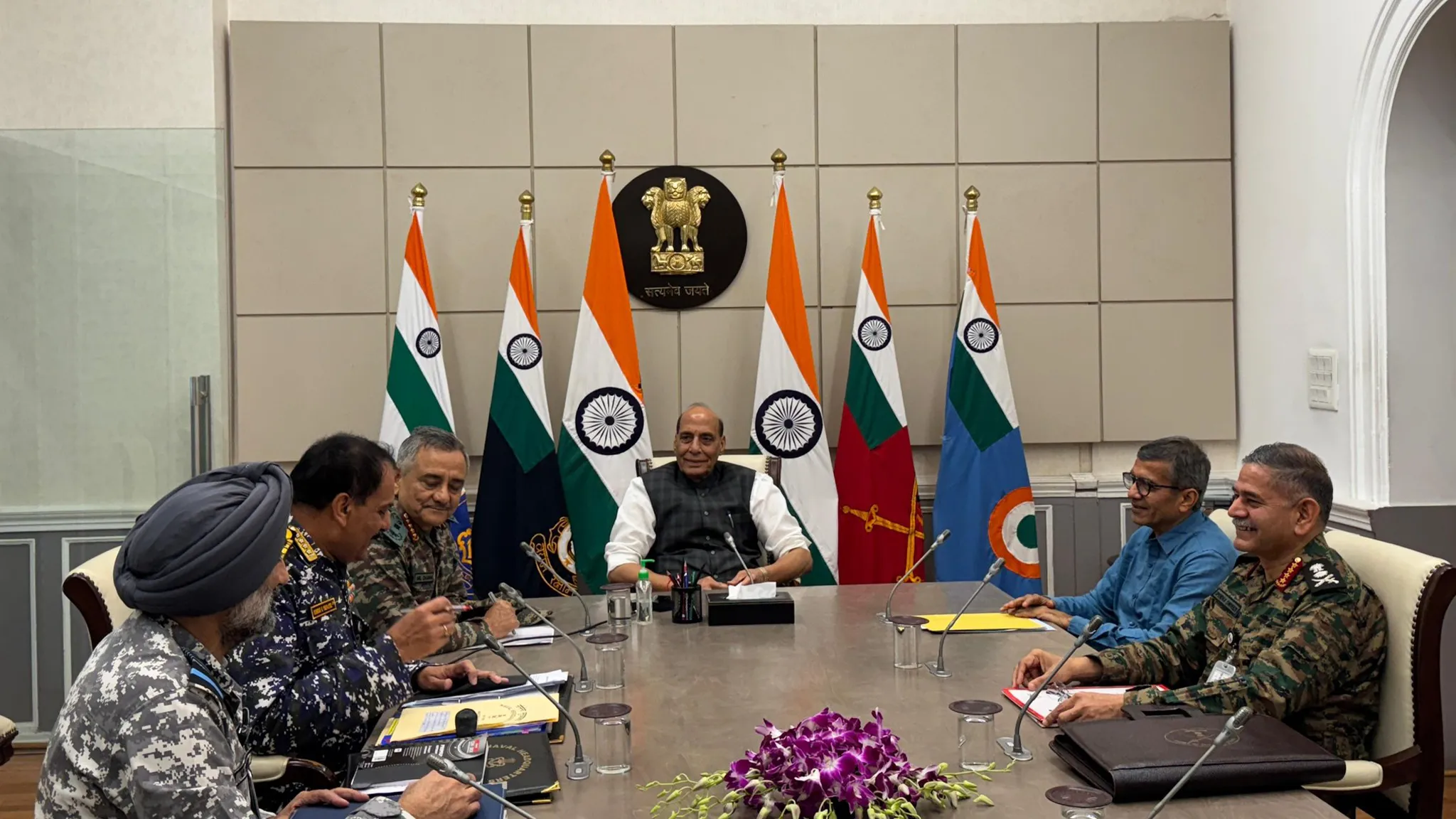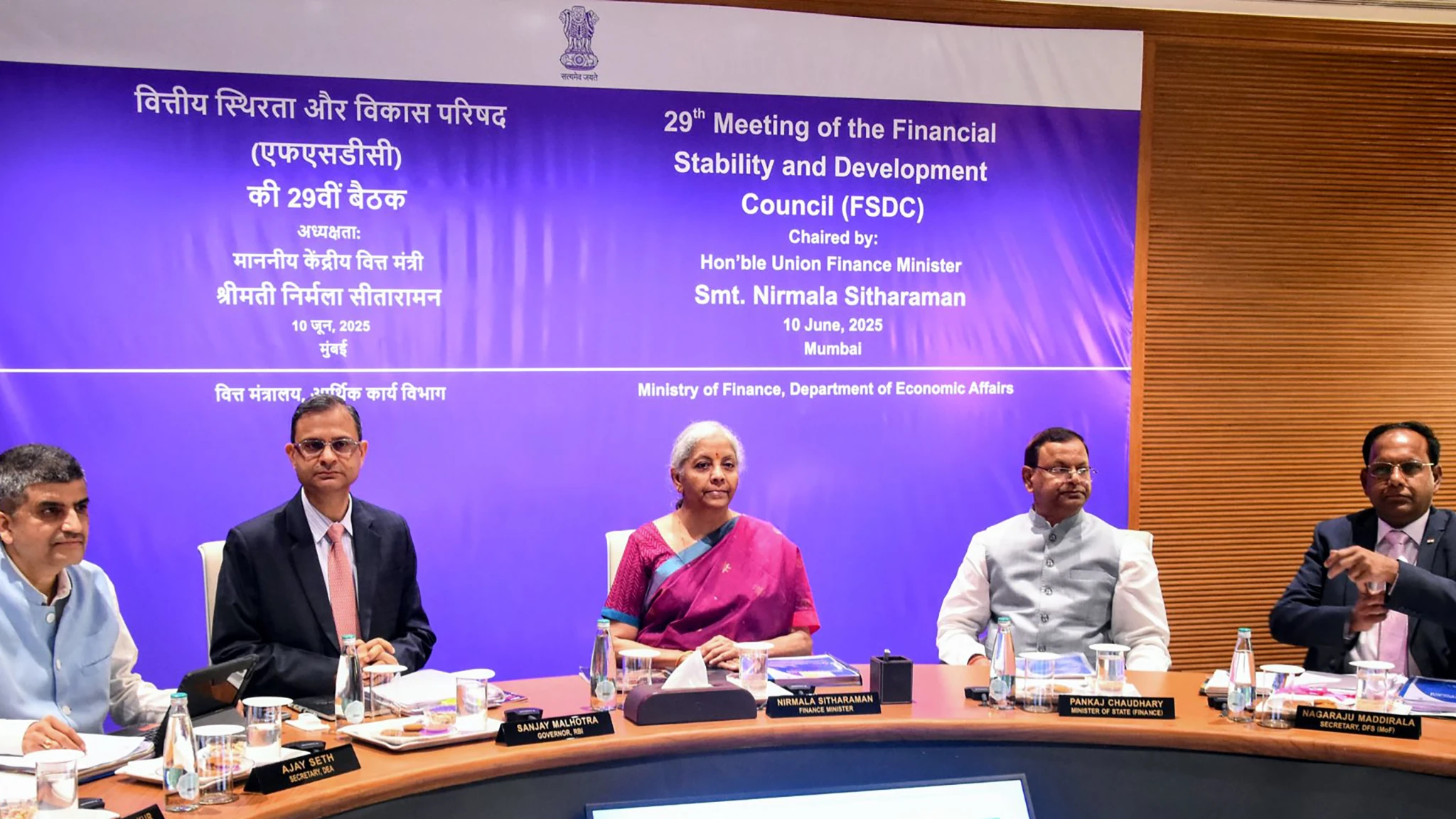History often serves as a calming balm, especially when tensions flare. Looking back at past conflicts and war-like situations between India and Pakistan, a consistent narrative emerges: India’s economy, while experiencing short-term volatility, has consistently demonstrated remarkable resilience. The Kargil conflict in 1999, for instance, saw the economy grow a robust 6.8 percent, exceeding expectations.
Today, we find ourselves in a familiar situation. A terror attack in Kashmir, followed by India’s retaliatory strikes, has escalated tensions. Airports have been shut, border states are on high alert, and shelling has occurred. Yet, the reaction from India’s financial markets has been muted.
Markets Hold Firm
Since May 6, domestic equity indices have seen a modest decline of about 1.5 percent. The rupee has weakened by a similar margin, and the benchmark 10-year bond yield has edged up a mere 2-3 basis points – movement typical of any normal trading day. While concerns about further declines are understandable, there is no sense of alarm in the financial markets right now. Historical data suggests stock markets tend to bounce back relatively quickly from the threat of conflict.
Securing Financial Fronts
One significant development highlighting the government’s proactive stance is the Finance Minister’s review meeting on the cybersecurity preparedness of banks and financial institutions. Held against the backdrop of rising tensions, this meeting with key stakeholders like the RBI, NPCI, BSE, NSE, and Cert-In underscores the recognition that modern conflicts include potential cyber operations. Ensuring the financial infrastructure’s resilience is paramount, as disruptions can inflict significant financial and reputational damage. This proactive measure shows India is taking the cyber threat seriously.
Global Trade Worries Loom
While border issues grab headlines, the broader global geopolitical and trade uncertainties might pose a more significant challenge for investors. The reshaping of trade relations between nations, involving India, presents multiple moving parts. Consider the complexities surrounding the free trade agreement between India and the UK, or the US-UK deal where a blanket tariff remains despite sector-specific concessions. Experts have questioned the sturdiness of the latter, with legal troubles potentially undermining preferred nation status for some. This global landscape of trade realignments, coupled with the US’s tariff policies and trade war with China, appears more vexing for financial markets than the conflict with Pakistan.
The historical conduct of both nations suggests a full-blown war is unlikely. While segments like tourism, airlines, and infrastructure might feel the pinch of prolonged tension, and defence spending might divert focus, the overall economic growth is unlikely to be severely dented. The more pressing headwinds for India’s financial markets are arguably navigating the complex and unpredictable currents of global trade and geopolitics in the months ahead.
Image Courtesy: X (sidhant sibal)










Leave a Reply